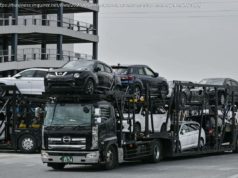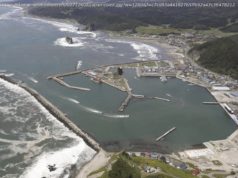The violence in the Kasai region erupted last August when the military killed a local chief. The Catholic Church reported the death toll, and the U. N. says the situation there has grown more complex.
More than 3,000 people have been killed in a remote region in the Democratic Republic of Congo, according to a new report from Congo’s Catholic Church. As NPR’s Ofeibea Quist-Arcton reports, the violence in the central Kasai region erupted last August, «when the military killed Kamuina Nsapu, a chief who was calling for government forces to leave the region.» The Church has been trying to broker a peace deal. Here’s more from Ofeibea: This comes as the U. N. human rights chief on the violence there, describing «extremely grave, widespread and apparently planned attacks against the civilian population in the Kasais.» Zeid Ra’ad Al Hussein said U. N. human rights investigators recently deployed to the area and found that the situation has grown «much more complex» and more deadly. At the same time, he said, Congolese authorities have failed to protect civilians and have attempted to curb international involvement in investigating the crimes. Speaking to the U. N. Human Rights Council, he said a new militia called the Bana Maru had been created and armed, «allegedly to support the authorities in fighting the Kamuina Nsapu, but which has carried out horrific attacks against civilians from the Luba and Lulua ethnic groups.» Hussein described the atrocities: He adds that 42 mass grave sites have been found in the region – and warns that there may be more. Hussein is calling for an independent international investigation. A government spokesman told The Associated Press that the government plans to issue a separate report on the crisis. «Beyond verifying whether these figures are true or not, it demonstrates that this is a real security situation that must absolutely lead to an appropriate government reaction to put an end to this, » Lambert Mende told the wire service. In March, , the bodies of two U. N. employees were found in the Kasai region. U. S. citizen Michael Sharp and Swedish citizen Zaida Catalan were there to investigate the increase in violence. As Ofeibea reports, this is happening amid broader political turmoil in the country: «The violence in restive Kasai fueled existing political tensions in Congo, prompted by Joseph Kabila’s decision to stay in power beyond his December 2016 two-term presidential limit.»






